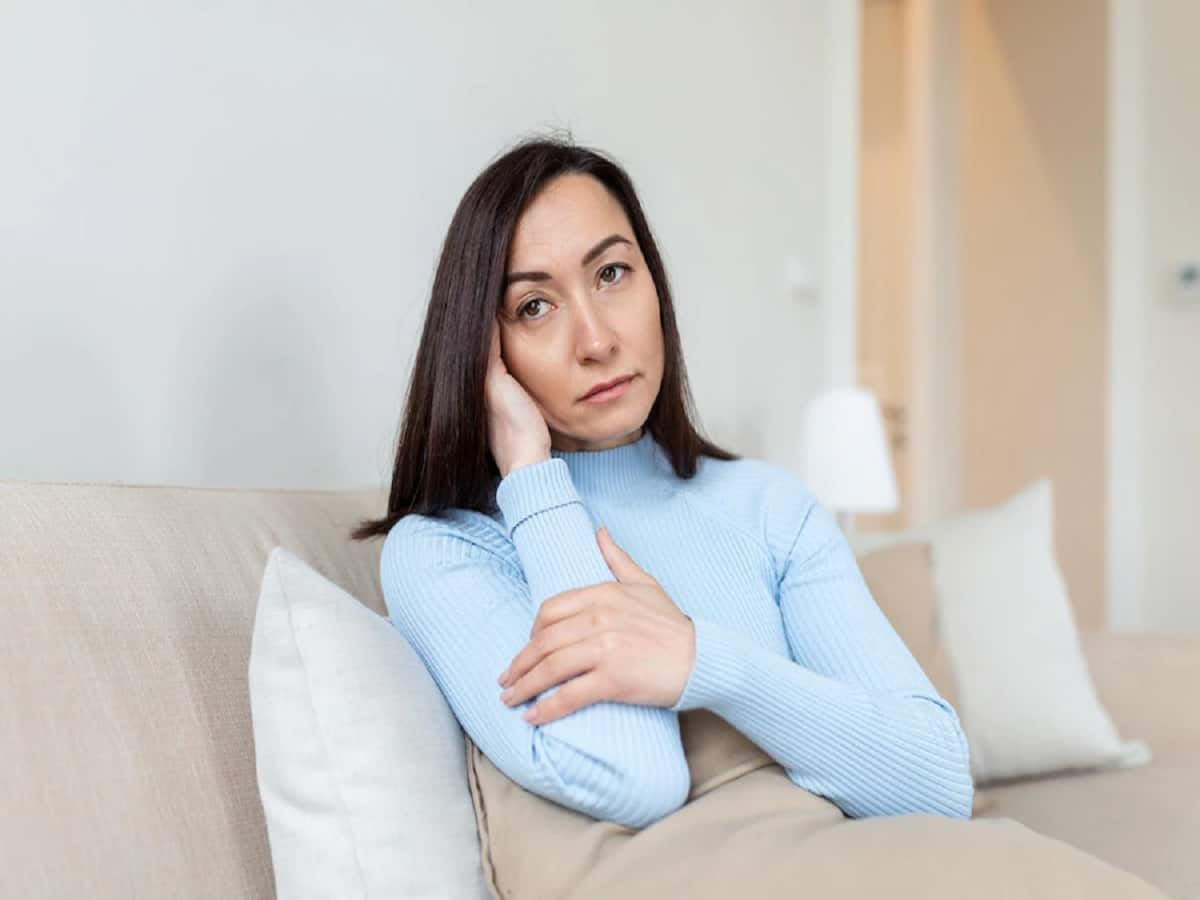Why is my period late? Missed or late periods can happen to any woman. The first period and when the women are starting to menopause are the only two times in a women’s life where it is normal to have missed or late periods. During these two times, the body is going through a transition, so the cycle can become irregular. Any other time, it is an indicator of the body about an underlying issue. If the women have not reached menopause, then periods should usually occur every 28 days. The days between two periods can vary from 21 days to 35 days. If the period does not occur within the above-mentioned range, then it could be that you have missed or that your period is late. Here are all the reasons that cause late periods.
Obesity
Just like low body weight, weight more than 10 percent of the required amount can have an impact on your hormones, which can delay your period. It’s best to consult a doctor regarding the diet and exercise regime that you should follow in order to lose the extra kilos. Losing weight in a healthy way can return your cycle to normal.
Low body weight
If a woman weighs 10 percent less than the minimum required weight, then it can change the flow of the hormones, the functioning of the body and ovulating can stop. Missing periods are common in women who practice marathons or have an eating disorder like anorexia nervosa or bulimia. In order to return your cycle to normal, it is advised to get treatment for your eating disorders and to take a proper diet in order to put on the weight.
Stress
The hypothalamus is a part of the brain that regulates periods in women. Stress affects this specific area of the brain and could throw the women’s hormones off the track. Over time, chronic stress can lead to delayed periods. Stress can also induce weight loss or gain, both of which can also affect your period cycle. In order to relieve stress, you try practicing relaxation techniques like yoga and meditation.
Birth control pills
Birth control pills contain oestrogen and progestin hormones, which can stop your ovaries from releasing eggs. Stop using the birth control pills and your cycle will go back to normal in 6 months.
Polycystic ovary syndrome (PCOS)
Polycystic ovary syndrome (PCOS) causes excess production of the male hormone androgen in a woman’s body. This could lead to the formation of cysts on the ovaries. PCOS can make ovulation, irregular. In order to treat this particular symptom of PCOS, doctors mostly recommend birth control medications.
Early peri-menopause
Menopause usually hit at the age of 45-55. Anything before this range is termed as early peri-menopause. This can wind down your egg supply and cause late periods.










